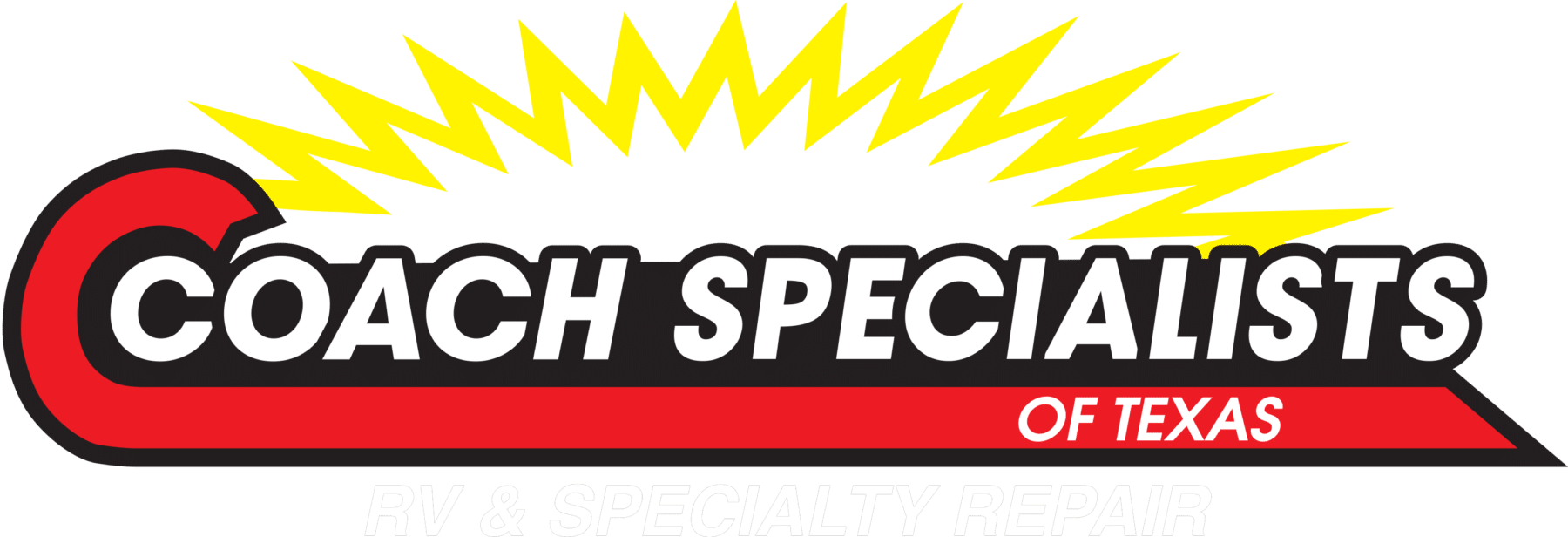The arrival of winter is something that those in the RV community lament, since only the heartiest of souls or those in warmer climates continue to drive their vehicles. For all the others, it means that RV winterization needs to be part of their overall plan in order to avoid discovering damage when springtime arrives and the temperature rises.
While this downtime is also ideal for any
you might be considering, winterizing is absolutely essential since the payments for those RV services performed are painful ones and are something that can easily be avoided. To avoid the latter fate, below are ways to winterize your vehicle:
Water Filter Removal and Bypass
It’s vital that you remove and bypass any inline water filters before beginning any other steps. The reason stems from the fact that the RV winterization process involves the introduction of chemicals that will result in damage to a water filter that’s still in place. It’s a good idea when you either remove any filters or connect them again in the spring that you look to see that they’re still viable and, if not, replace them at the proper time.
Disconnecting/Draining Lines and Pipes
Your water source for your RV needs to be disconnected and the lines for your hot and cold water, as well as your freshwater tank, need to be drained. Don’t forget to flush the toilet and open taps for both the shower and any faucets so that no water is left in these areas to freeze.
Even more dangerous for your vehicle is leaving excess water in your pipes, since they can freeze and then burst at some point. While it’s comforting to know that repairing pipes are just some of the RV services that Coach Specialists provides our customers, they’re ones that won’t be needed by making this effort.
Drain and Bypass Water Heater
Before you remove the drain plug to your water heater, make sure that this appliance has cooled down and the pressure inside it has subsided. That plug will be located in the lower left-hand corner. Not paying attention to this basic aspect can lead to serious consequences for your vehicle.
Depending on your particular vehicle, you may already have a bypass unit already installed, and if you don’t, you might want to consider RV renovations of this sort. That’s because you can end up using as much as 10 gallons of anti-freeze for the water heater, which can be an expensive proposition. Two safety tips when doing the bypass: turn off all the water heater’s power and check to see that the pilot light on it is out.
Adding Anti-Freeze
If you do have to add anti-freeze to your RV, make sure to take precautions in order to avoid inadvertent splashing of the liquid. When those have been performed, you can either disconnect the water pump’s inlet side or use a water pump conversion kit, with methodical checks of each faucet, then do the following.
Beginning with the hot faucet, turn that valve on and wait until you begin to see a pinkish liquid, which will mean that all of the water is gone and only the anti-freeze is present. Follow the same process with the cold water valve and the outside shower if applicable. Flushing the toilet will also eventually result in the same ending. Once all of these tasks have been performed, pour another cup of anti-freeze into each drain for additional protection. Finally, make sure to close all the faucets and valves in order to avoid dust, dirt or other debris from finding their way in there.
Other Odds and Ends
Letting your RV battery stay where it’s at all winter long isn’t a good idea, since all of that idle time will take a toll on its effectiveness. To avoid that problem, simply remove it and before it gets stored away in a safe place, make sure to charge it so that it will be ready to go once the weather starts to warm up.
Make sure to also give your entire RV a final once-over to make sure that everything is clean, which will help avoid having to deal with rodents or bugs in the spring. Included in this last check should be assessments of the seals in place and a look at the roof to see if a leak or any damage is currently present.
A Trusted Source
Coach Specialists can help when it comes to a variety of matters beyond RV winterization. That includes if you do have roof damage, though our RV services go beyond that concern. We can also repair any pipe damage that might occur and also address problems that might have resulted from water leaks in your vehicle.
Winter is the perfect time for RV renovations that you might be considering, so if any of the above matters connect with you, feel free to contact us at one of our four locations or fill out our online form.
